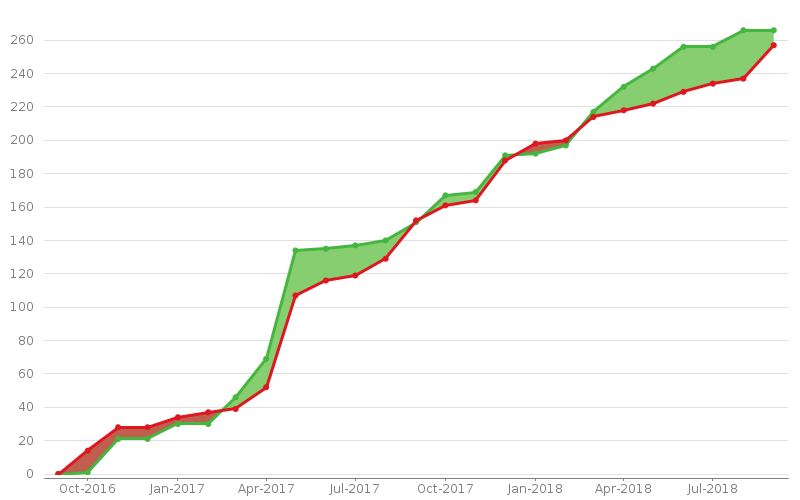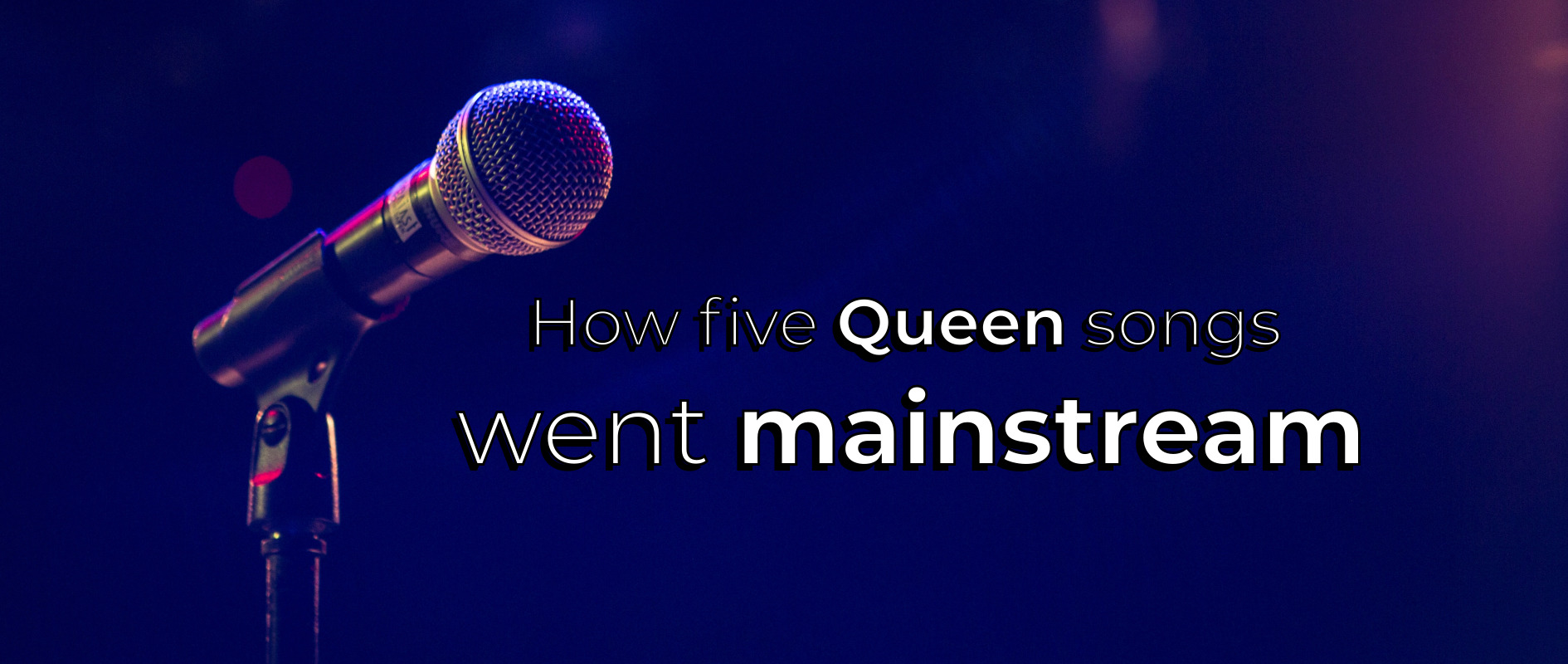At the end of the last version I was getting into the groove—and feeling determined.
I had managed to vittle down the instrument backlog to half! I though surely I could do even better! Let’s start digging into the meat of things and, get serious.
Now we were going to do things seriously, so therefore this was a pretty big version!
It’s called:
Let’s get serious!
I started by looking into a few issues during autumn:
However right in the middle of this version came GCI!
I was part of the contest as a mentor this year (for the first time) so naturally I had some instrument tasks ready for our participants. They were pretty popular, with a lot of tickets being added or improved by the participants. So, this is how serious we got for GCI:
After GCI we still had quite a bit of seriousness left:
The majority of these where done during autumn ’17 and the first half of ’18. The whole thing would have been finished in the summer, hadn’t May, June and July ’18 been the hottest summer ever! I just couldn’t think, so I took a break until August and then I finished dealing with the last few stragglers.
This version ended up including 58 tickets: the largest to date!
What happens now? Well, at the end of the “Let’s get serious” version I noticed some issues with families and the like, but that’s a topic for the next blog post!
It’d been almost 2 years since I started, and I’ve managed to get quite a lot done! Here is a graph that illustrates the progress (notice the the jump in added tickets during GCI period, when the participants actually added them faster than I could close them!):

And with this we have finally caught up! So hopefully all future blogs from now on will be posted soon after the relevant versions are released.


